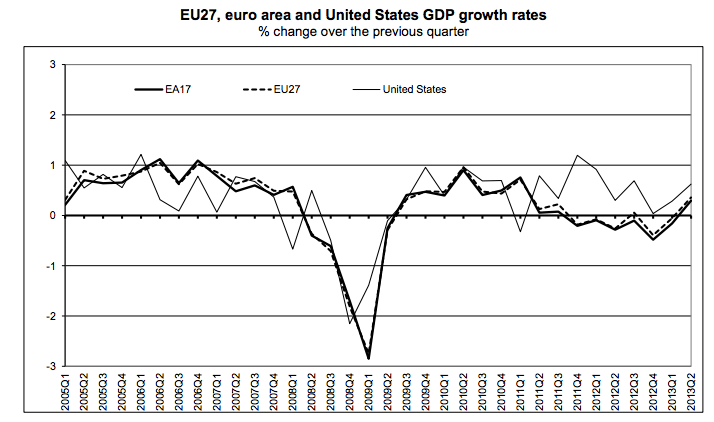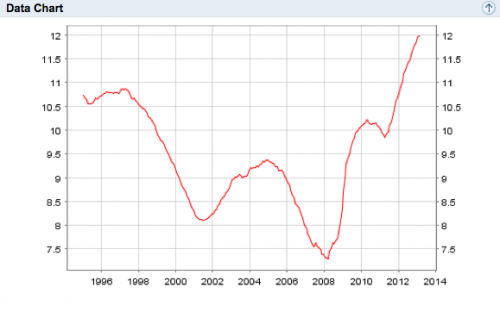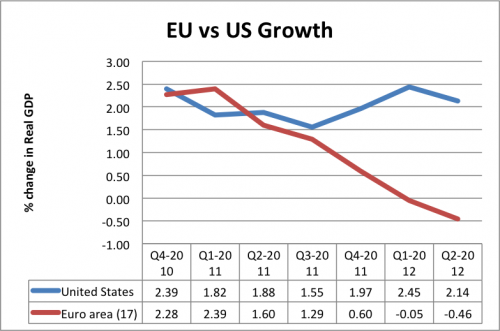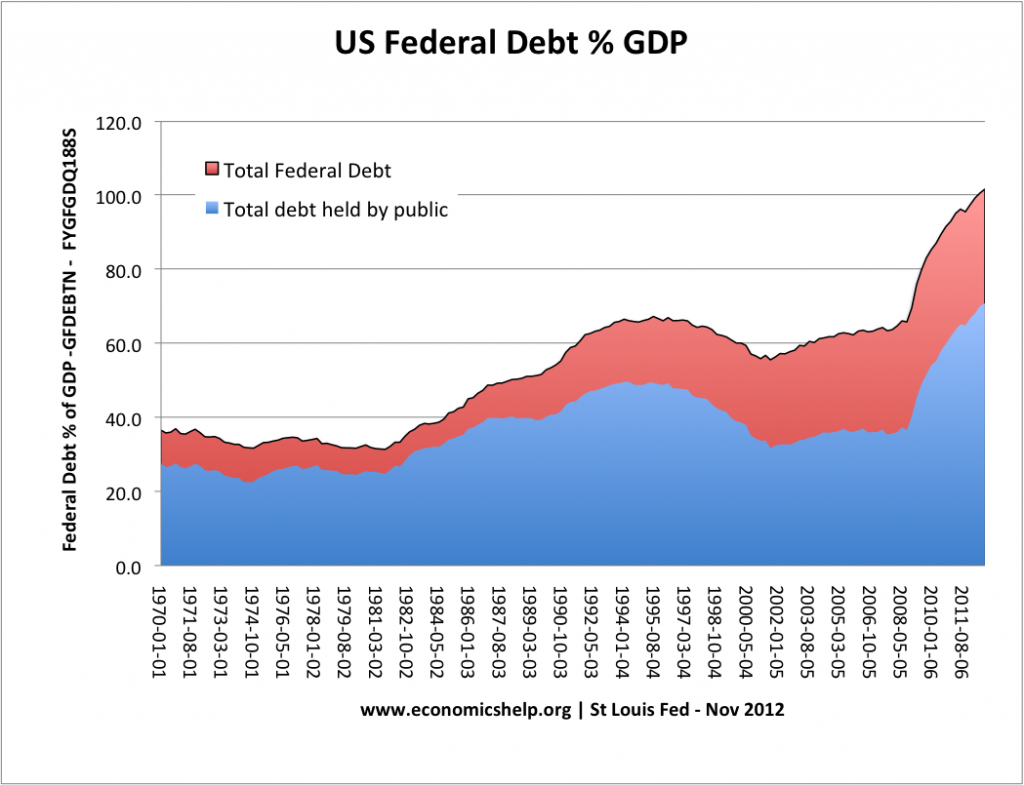In the past few years, there have been a noticeable increase in the calls for the UK to consider leaving the European Union. A few years ago, we may have enjoyed complaining about EU directives on the bendy banana (which didn’t really exist) but it was taken as almost sacrosanct that membership of the EU was in the UK’s interest.
What has changed and would we really benefit from leaving – and negotiating a free trade agreement, which enables the benefits of EU membership without the supposed costs?
Should we stay in the EU?
The Ideal of European unity
The relative peace and prosperity in Europe since 1945, is a huge achievement, given the past century of inter-European conflict. Britain is an intrinsic part of Europe, whether it likes it or not. We should take the opportunity to be a member of the European Union and help maintain this European integration and harmony. If the UK left the EU, we would be increasingly politically isolated.
- However, do we need to be a member of the European Union to achieve this? The UK could still contribute to European ideals without signing up for all the political and economic integration that the EU elite wish to pursue. European countries, who have stayed out of the EU, such as Switzerland and Norway maintain friendly relations with Europe.
Free Trade
One of the strongest benefits of the European Union is the fact that it is our main trading partner, and membership of the EU has helped reduce trade barriers – both tariff and non-tariff barriers. European trade is critical to the UK economy. Leaving the EU could put this important aspect of our economy under threat.
- The hope of Eurosceptics is that we could leave the political integration of the EU, but maintain all the free trade agreements. Again the model is that Switzerland and Norway have not been disadvantaged by staying out of the European Union. Evidence suggests, the EU would be keen to accommodate the UK as a free trade partner.
“If the British cannot support the trend towards more integration in Europe, we can nevertheless remain friends, but on a different basis. I could imagine a free trade agreement.”




